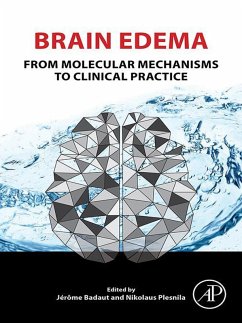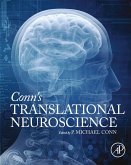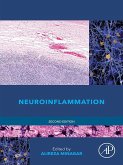Brain edema is an integral and acutely life-threatening part of the pathophysiology of multiple cerebral and non-cerebral disorders, including traumatic brain injury, cerebral ischemia, brain tumors, cardiac arrest, altitude sickness and liver failure. Affecting millions worldwide, research over the past few years has shown that a plethora of complex molecular and cellular mechanisms contribute to this pathological accumulation of water in the brain parenchyma.
In parallel, the development of new neuroimaging tools has provided a new way to examine how edema develops longitudinally and in real time, both in pre-clinical models and in patients. Despite intense research over the past few decades, therapeutic options are still limited and sometimes not effective.
- Presents a comprehensive understanding of the molecular mechanisms involved in edema formation and resolution
- Discusses the specific role of edema development in several pathologies, including traumatic brain injury, stroke, brain tumors, cardiac arrest, and liver failure
- Proposes a new classification of edema based on molecular processes
- Discusses clinical management of new clinical trials coming from pre-clinical studies
- Addresses the possible link between edema formation, other molecular and cellular processes, including inflammation and neuroinflammation
Dieser Download kann aus rechtlichen Gründen nur mit Rechnungsadresse in A, B, BG, CY, CZ, D, DK, EW, E, FIN, F, GR, HR, H, IRL, I, LT, L, LR, M, NL, PL, P, R, S, SLO, SK ausgeliefert werden.









